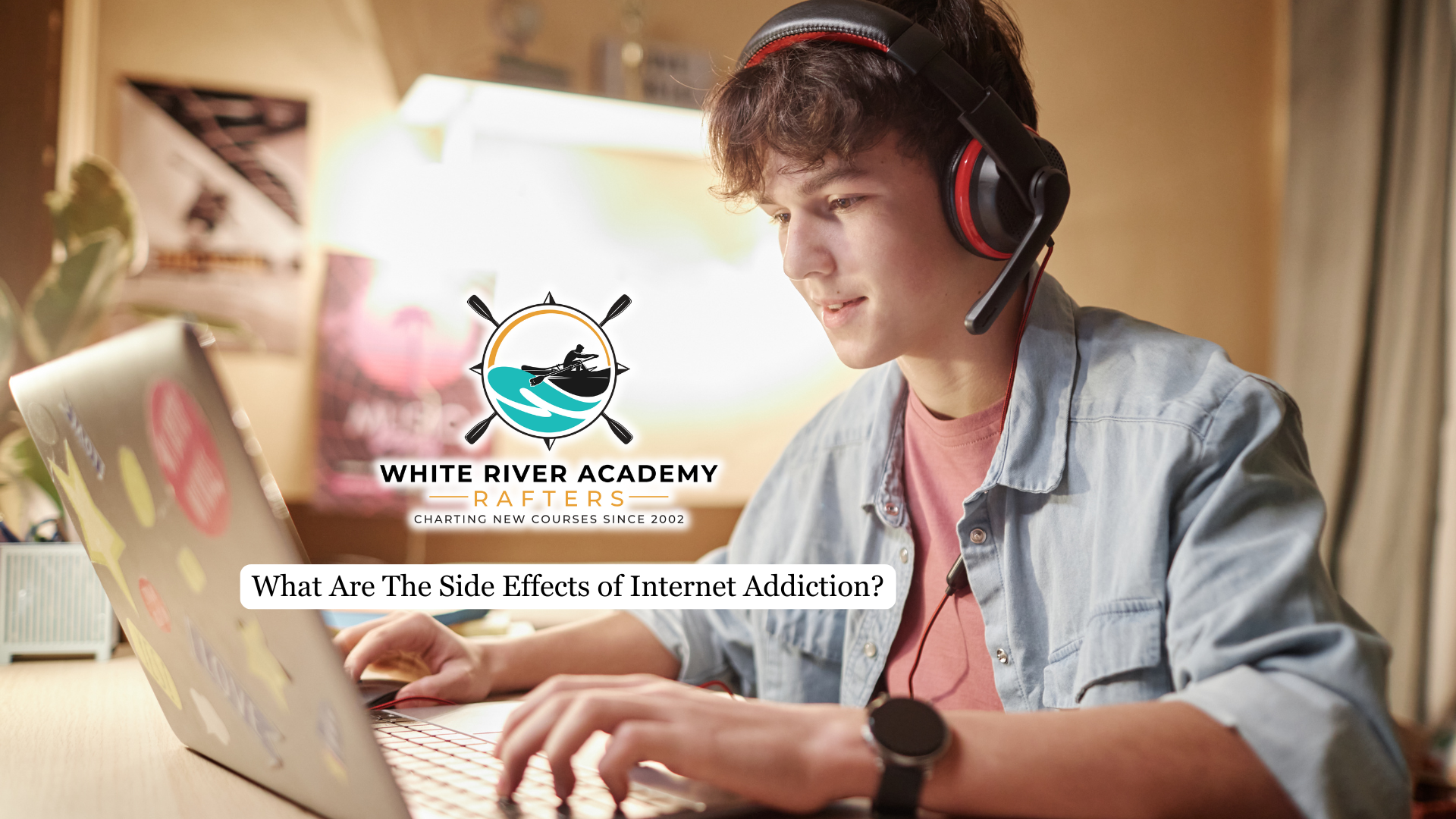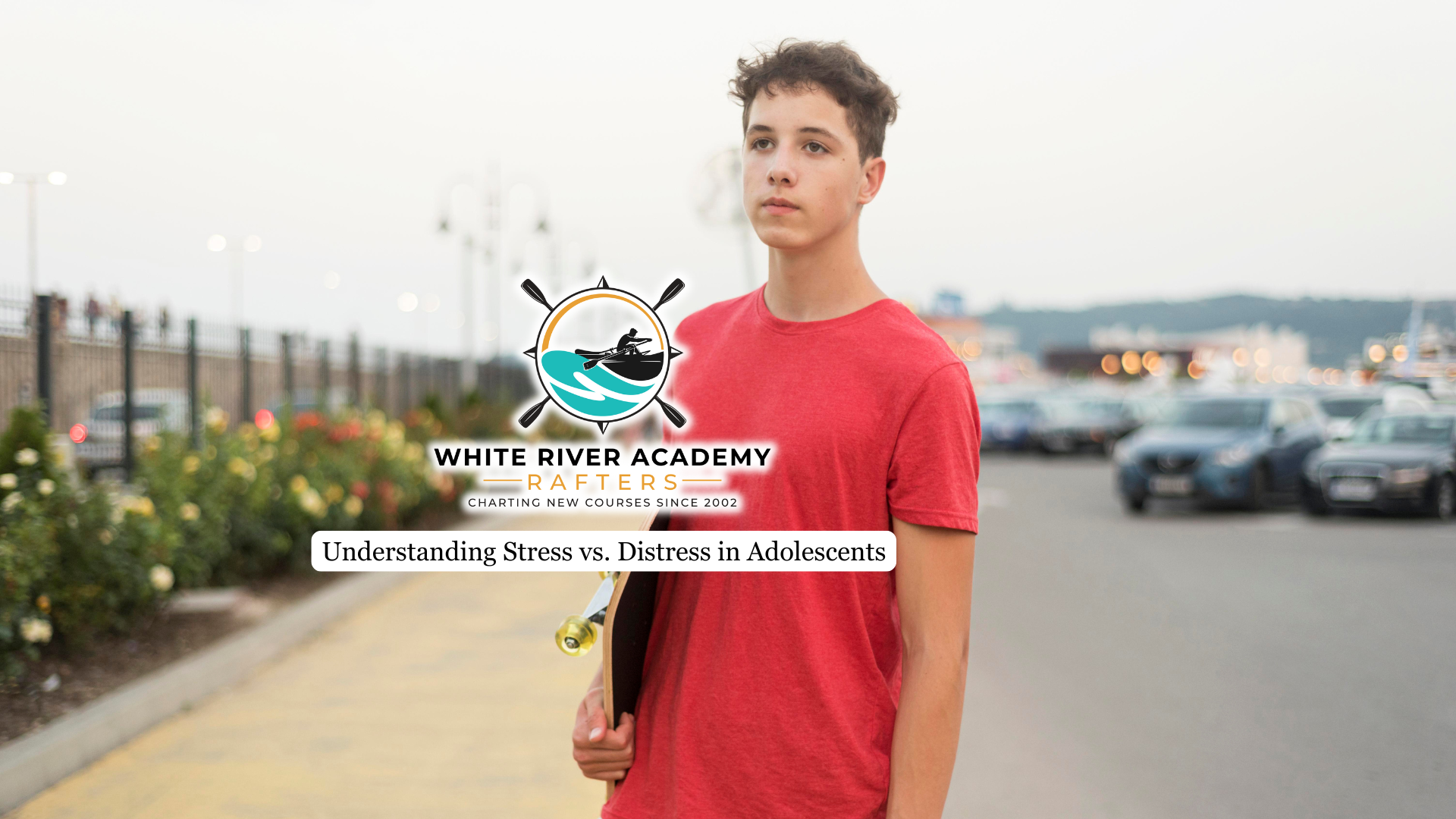Internet addiction has become a growing concern as technology becomes deeply integrated into everyday routines. While digital access provides opportunities for education, entertainment, and connection, overuse can interfere with responsibilities, relationships, and overall well-being. Excessive reliance on online platforms can create lasting consequences that affect multiple aspects of life.
This article examines the effects of compulsive internet use, highlighting its psychological, physical, social, and academic impact.
Psychological and Emotional Effects
Prolonged screen time can increase stress, anxiety, and depressive symptoms. Social media in particular fosters constant comparison, which may lead to low self-worth and dissatisfaction with real-life accomplishments. Many individuals experience heightened irritability, mood swings, or difficulty regulating emotions after extended use. Parents also play a critical role in this process, as their accountability in monitoring and modeling healthy social media habits can help set boundaries and guide adolescents toward more balanced online behavior.
The compulsive need to stay connected online can contribute to serious conditions, such as social anxiety disorder or major depression, making it difficult for individuals to engage fully in offline life. Because these outcomes mirror patterns found in other addictions, addressing them often requires structured support, such as an internet addiction program for teens that helps young people regain balance and healthier coping strategies.
Physical Consequences of Overuse
Spending long hours on devices often disrupts natural sleep cycles, leading to fatigue, poor concentration, and reduced productivity. Lack of physical activity associated with excessive online use increases the likelihood of obesity, cardiovascular strain, and muscle weakness. Posture problems, neck pain, and repetitive strain injuries are also common among heavy users.
Digital eye strain, headaches, and blurred vision frequently occur after hours of scrolling or gaming. Prolonged overuse can contribute to weakened immune function and poor dietary habits, since many individuals neglect proper nutrition while prioritizing more screen time.
Academic and Work Performance Issues
Students who spend more time online may struggle to complete assignments, retain focus during study sessions, or stay motivated in class. Lower grades and poor attendance often follow. Similarly, professionals can experience a decline in productivity, with missed deadlines or disciplinary concerns arising from distractions.
The compulsive urge to check notifications or browse the web undermines attention span, making it difficult to concentrate on tasks that require problem-solving and critical thinking. In the long term, these patterns may jeopardize educational goals and career growth.
Social and Relationship Challenges
Internet addiction also places a strain on social connections. Individuals who devote most of their energy to online activity may withdraw from meaningful face-to-face interactions. This withdrawal can weaken family relationships, create conflict with your teen, and foster a sense of loneliness. While digital communication provides convenience, it rarely offers the same depth of support as in-person bonds.
Overdependence on online interaction can make it harder to build trust, manage conflicts, or maintain balanced relationships. For many, this imbalance results in feelings of isolation and difficulty sustaining meaningful friendships.

Similarities to Other Addictions
Internet addiction shares many features with other forms of addiction. Compulsive use, withdrawal symptoms when offline, and loss of control are common experiences. Individuals often find themselves unable to limit time spent online despite recognizing the harm it causes. For some, the internet becomes a way to escape reality, avoid responsibilities, or cope with stress.
These behaviors mirror patterns found in substance use disorders and reinforce unhealthy coping mechanisms. Recognizing these similarities is essential, as it underscores the importance of seeking professional guidance and structured treatment when self-management is not effective.
Final Thoughts from White River Academy
The effects of internet addiction extend far beyond casual overuse, influencing emotional health, physical wellness, productivity, and personal relationships. Understanding these consequences allows families and individuals to address unhealthy patterns before they lead to deeper challenges.
At White River Academy, we understand how online dependency connects with broader behavioral and emotional challenges. Our internet addiction programs for adolescent boys in Utah provide structured care, therapeutic guidance, and a supportive environment where young men can regain balance. With evidence-based treatment and compassionate support, we help young people build healthier coping strategies and achieve lasting growth.




